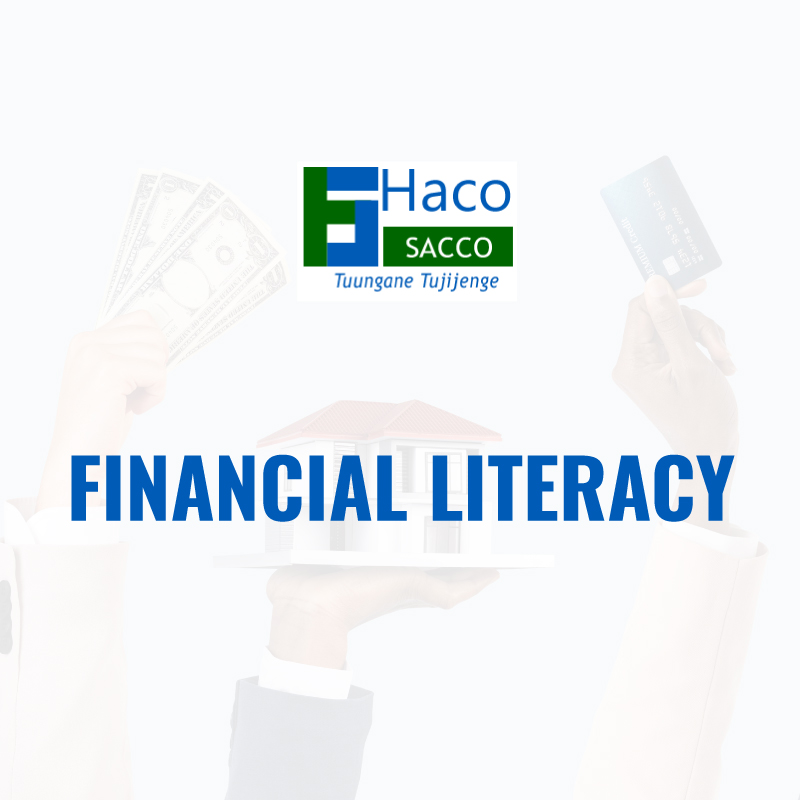Financial literacy is a critical skill that can profoundly impact one’s life. From managing personal finances to making informed investment decisions, understanding the intricacies of finance can empower individuals to secure their financial future. In an ever-evolving economic landscape, being financially literate is advantageous and essential. Let’s delve into the fundamental aspects of financial literacy and explore how it can pave the way for a secure and prosperous future.
Importance of Financial Literacy
Financial literacy acts as the cornerstone of sound financial decision-making. It equips individuals with the knowledge and understanding to navigate complex financial processes. Individuals may be vulnerable to predatory practices, financial pitfalls, and unsustainable debt burdens without a firm grasp of financial concepts. By fostering financial literacy, individuals can better comprehend the implications of their financial choices, manage their budgets effectively, and plan for long-term financial goals.
Key Components of Financial Literacy
1. Budgeting
Creating and maintaining a budget is fundamental for anyone striving for financial stability. A well-structured budget allows individuals to track their income and expenses, identify areas for potential savings, and allocate funds appropriately toward various financial goals. By adhering to a budget, individuals can avoid unnecessary debt and make informed spending decisions aligned with their financial objectives.
2. Investment Strategies
Understanding investment basics is integral to building wealth and securing a stable financial future. Financially literate individuals understand risk and return, diversification, and asset allocation, enabling them to make informed investment decisions that align with their risk tolerance and long-term objectives. Whether it’s stocks, bonds, mutual funds, or real estate, comprehending the intricacies of different investment vehicles is essential in building a robust investment portfolio.
3. Debt Management
Managing debt is crucial for maintaining a healthy financial profile. Financial literacy aids individuals in understanding the implications of taking on debt, including interest rates, repayment terms, and potential consequences of default. With this knowledge, individuals can make prudent borrowing decisions, avoid excessive debt burdens, and effectively manage existing debts to avoid adverse effects on their financial well-being.
Initiatives Promoting Financial Literacy
Numerous organizations and institutions have recognized financial literacy’s significance and initiated programs to promote it among various communities. These initiatives often include educational workshops, seminars, and online resources that aim to educate individuals on the fundamentals of personal finance. By actively participating in these programs, individuals can gain valuable insights into managing their finances, making informed investment choices, and planning for a secure financial future.
The Road to Financial Empowerment
Achieving financial literacy is not a one-time endeavor but a continuous learning process. It requires a commitment to ongoing education, staying updated on financial trends, and adapting to the ever-changing financial landscape. By enhancing their financial knowledge, individuals can gain the confidence and skills necessary to make sound financial decisions, plan for retirement, and secure a stable financial future for themselves and their families.
Take Home
Financial literacy is more important than ever in today’s dynamic and complex financial environment. It is the key to unlocking financial opportunities and securing a stable future. By understanding the basics of budgeting, investments, and debt management, individuals can pave the way for a financially secure and prosperous life. Embracing financial literacy is not just a choice; it’s a crucial step toward achieving financial empowerment and realizing long-term financial goals.

